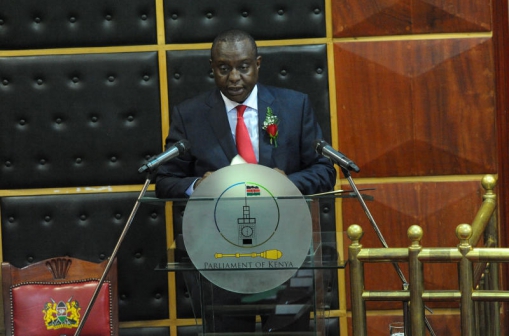×
The Standard e-Paper
Smart Minds Choose Us

The National Treasury needs to figure out a way to tax players in the digital economy to increase the number of taxpayers.
Business advisory firm PKF said Thursday the growing digital economy offers an opportunity for the Kenya Revenue Authority (KRA) to increase the number of corporates and citizens paying taxes and in turn help the tax collection agency over the next financial year.